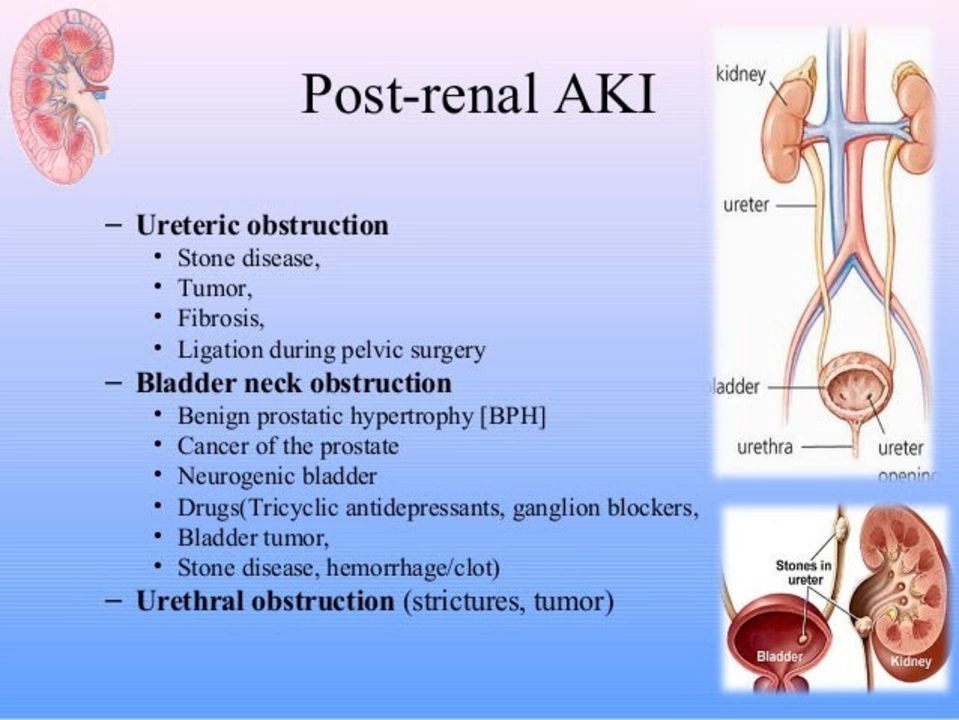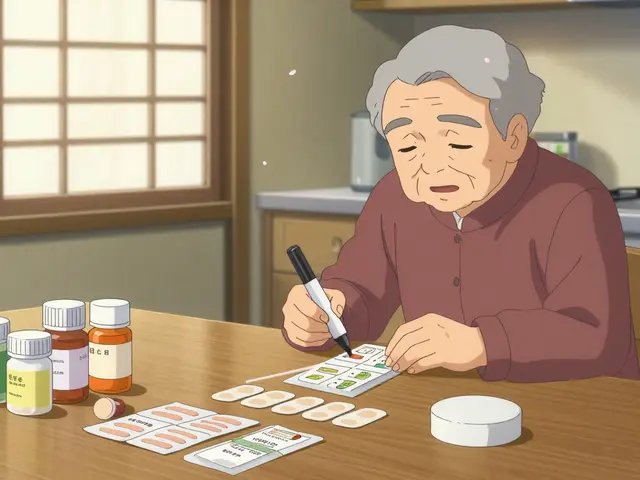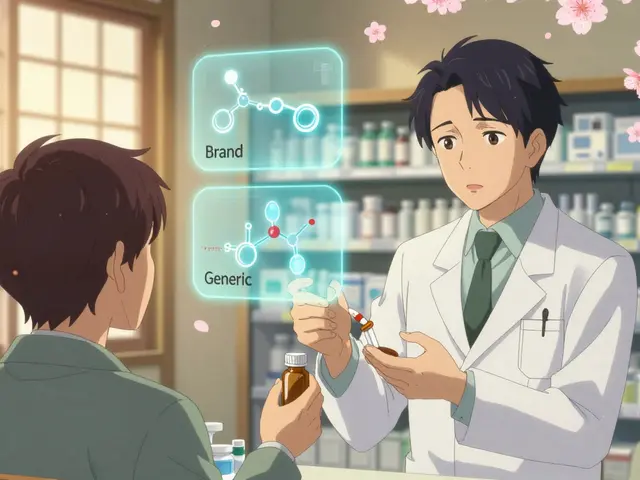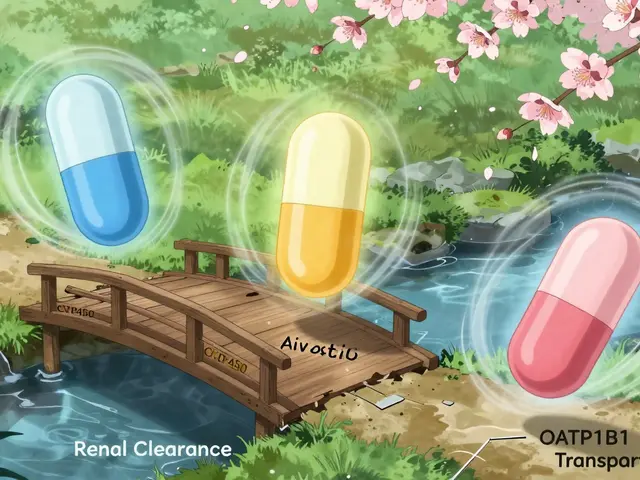Managing Kidney Disease: Simple Steps You Can Start Today
If you or a loved one has been told you have kidney disease, the first thought is often "what now?" The good news is that many everyday choices can slow down damage and keep you feeling better. Below are easy‑to‑follow tips that work for most people dealing with chronic kidney issues.
Watch What You Eat
The kidneys filter waste, so less strain means they work more efficiently. Start by cutting back on salt – aim for less than 2,300 mg a day. Use herbs, garlic, or lemon juice to add flavor instead of the shaker.
Protein is important but too much can overload the kidneys. Choose moderate portions (about 0.6–0.8 g per kilogram of body weight) and focus on high‑quality sources like fish, eggs, and lean poultry. Plant proteins such as beans are fine, just keep an eye on portion size.
Potassium and phosphorus levels often need monitoring. If your doctor says you have high potassium, limit bananas, oranges, tomatoes, and potatoes. For phosphorus, avoid processed cheeses, soda, and many packaged snacks – a quick swap to fresh fruits or unsalted nuts helps.
Stay Active and Hydrated
Gentle exercise keeps blood pressure down, which is crucial for kidney health. Aim for 30 minutes of walking, swimming, or cycling most days. If you’re new to activity, start with short walks and build up.
Water intake should match your doctor’s advice; many people need about 1.5–2 L daily unless fluid restriction is prescribed. Sip throughout the day rather than gulping large amounts at once.
Medication & Monitoring
Take every prescription exactly as directed – missing doses or changing timing can harm kidney function. Common meds for kidney disease include ACE inhibitors, ARBs, and diuretics; they help control blood pressure and reduce protein loss in urine.
Keep a simple log of your blood pressure, weight, and any new symptoms (like swelling or changes in urination). Share this log with your nephrologist each visit. Regular lab tests – usually every 3–6 months – track creatinine, eGFR, and electrolytes; they tell you how the kidneys are coping.
Limit Harmful Habits
Smoking narrows blood vessels and speeds up kidney decline. If you smoke, look for resources to quit now – many free apps and local programs exist.
Alcohol can raise blood pressure and add extra toxins. Stick to the recommended limit (no more than one drink per day for women, two for men) or avoid it entirely if your doctor advises.
Build a Support System
Managing a chronic condition feels easier when you have help. Join online forums, local support groups, or talk openly with family about what you need – whether it’s meal prep ideas or reminders for meds.
Finally, remember that small changes add up. You don’t have to overhaul your life overnight; pick one tip this week and stick with it. Your kidneys will thank you, and you’ll feel more in control of your health.
Renal failure and diet: nutrition tips for managing kidney disease
As someone who's been researching renal failure and diet, I've discovered that managing kidney disease through nutrition is crucial for our well-being. It's essential to limit sodium, potassium, and phosphorus intake, as these can be harmful to our kidneys. Another key factor is consuming the right amount of protein to help preserve kidney function. Staying well-hydrated and maintaining a healthy weight are also vital in managing kidney disease. So, let's keep our kidneys healthy by following these nutrition tips and leading a balanced lifestyle.






